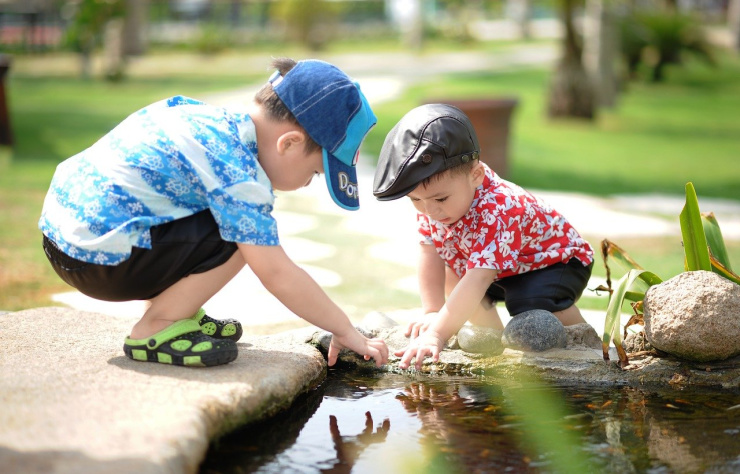For small children, simple strategies help. Arranging lots of playdates and social interactions for example will help your child to become used to mixing socially.
Visiting parks and playgrounds where informal socialising can be enjoyed with different children is a good idea.
Shy children may need more encouragement than others but usually, even the quietest child will develop the skills needed to ensure they are happy both in and out of school.
When should I be concerned?
If your child has grown past the early years and is still struggling to make or maintain friendships, it’s important that you try to work out what is hampering them. Try to observe your child when they are interacting with peers. Are they joining in in an appropriate way? Taking care not to hurt others and sticking to the rules of the games? Are they interested in age-appropriate activities?
If the answer to the above questions are all “yes” then it might be a good idea to speak to your child’s teacher who has a lot of opportunities to observe your child in the playground and classroom setting.
A good school will have many ways of helping children to make friends. This independent school in Surrey for example ensures that all children are seen as individuals and respected for their own personalities and natural abilities. When a child knows that he or she is respected, then social confidence will soon follow.
*Collaborative post







No comments